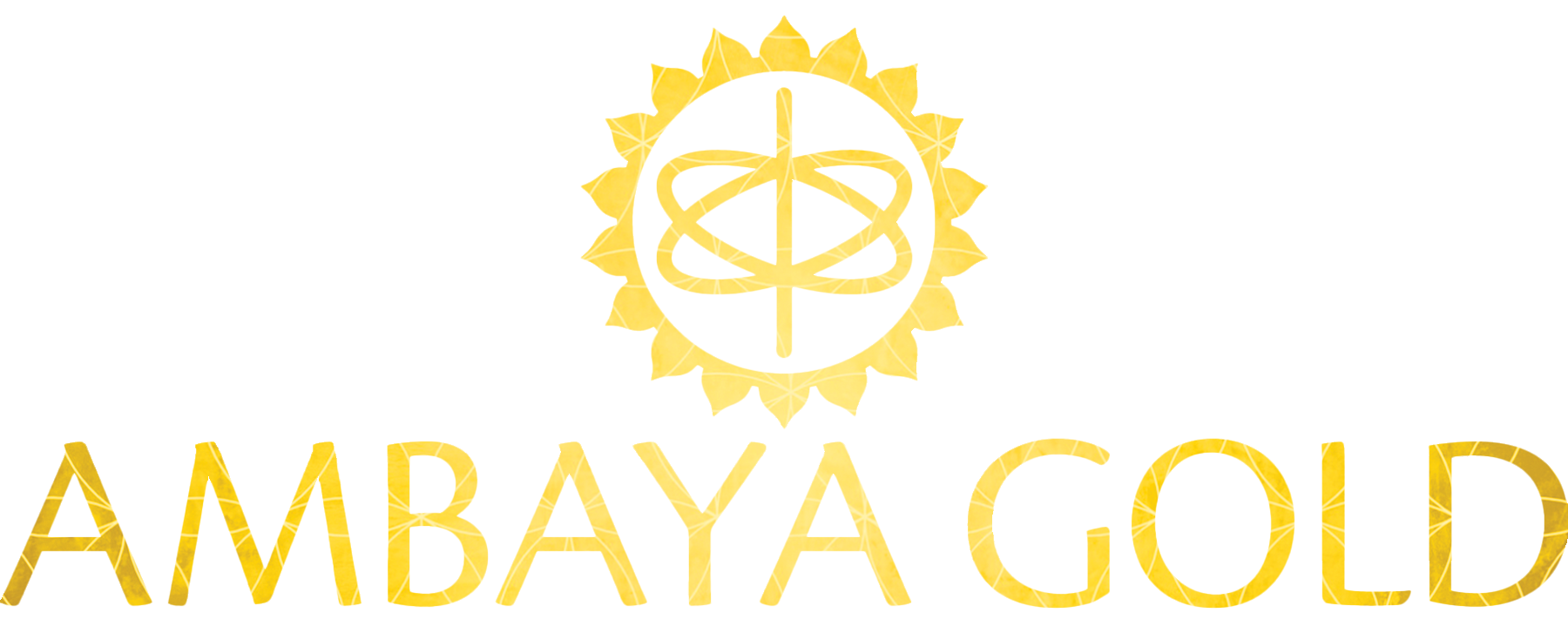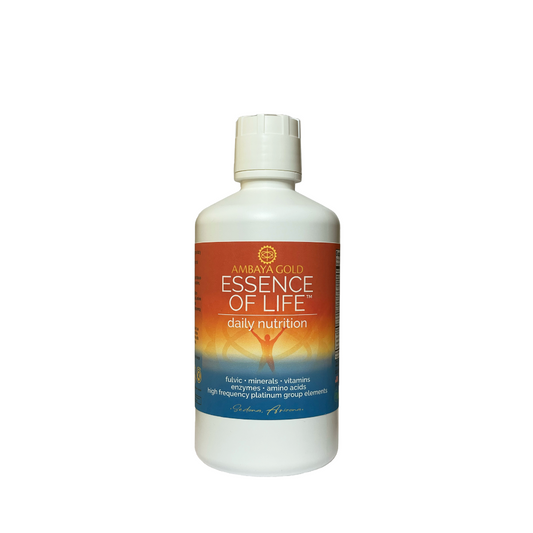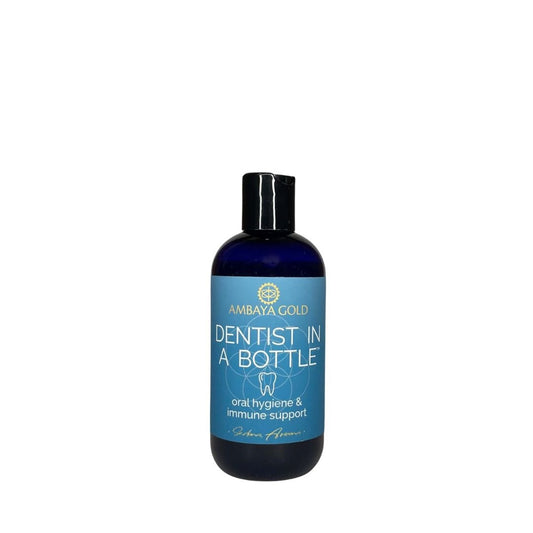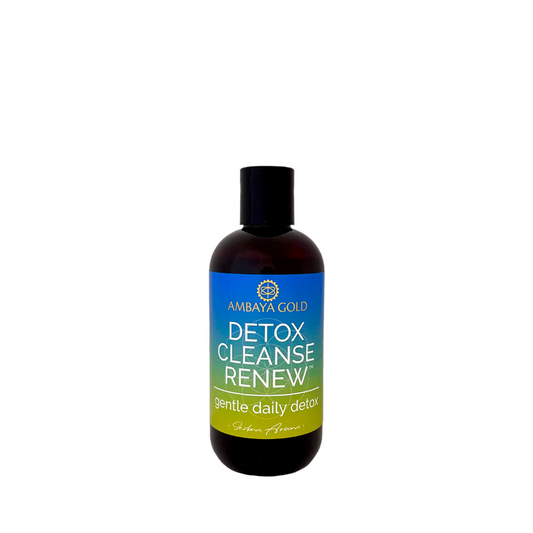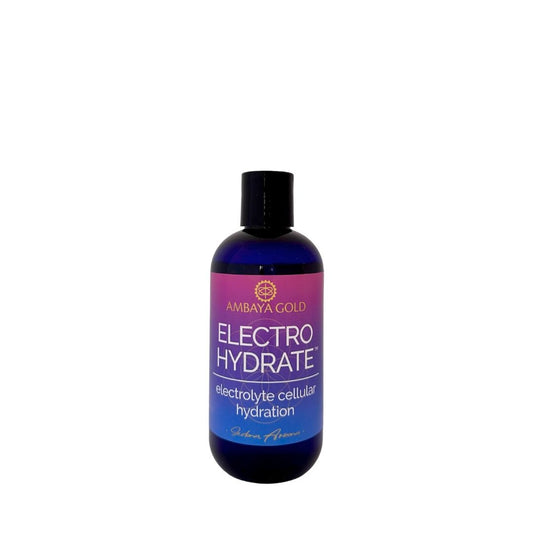Cortisol, often referred to as the "stress hormone," plays a crucial role in the body's response to stress. It's produced by the adrenal glands and is vital for various bodily functions. However, when cortisol levels are consistently elevated, it can lead to negative health effects. In this article, we’ll explore what cortisol is, what it does, and how you can naturally balance it, including some supplements that may help.
What is Cortisol?
Cortisol is a hormone released by the adrenal glands, which sit on top of your kidneys. It is part of the body's natural stress response system and plays a critical role in managing various bodily functions such as:
- Regulating metabolism: Cortisol helps control how your body converts fats, proteins, and carbohydrates into energy.
- Managing inflammation: It has anti-inflammatory effects and helps regulate the immune response.
- Supporting blood pressure: Cortisol helps maintain blood pressure levels within a healthy range.
- Balancing blood sugar levels: It plays a role in controlling blood sugar levels by influencing insulin production.
- Controlling the sleep-wake cycle: Cortisol levels naturally fluctuate throughout the day, typically peaking in the morning to help you wake up and gradually declining as the day progresses.

What Happens When Cortisol Levels Are Out of Balance?
While cortisol is essential, problems arise when cortisol levels remain elevated due to chronic stress. High cortisol levels can lead to:
- Weight gain, particularly around the abdomen
- Increased blood pressure
- Blood sugar imbalances
- Reduced immune function
- Difficulty sleeping
- Mood swings or irritability
Conversely, low cortisol levels can result in fatigue, low blood pressure, and feelings of being constantly run-down.
How to Balance Cortisol Naturally
Balancing cortisol levels involves making lifestyle adjustments that help your body manage stress more effectively. Here are some strategies:
1. Manage Stress with Relaxation Techniques

- Mindfulness Meditation: Engaging in mindfulness or meditation practices can help reduce stress and lower cortisol levels.
- Deep Breathing: Practicing deep breathing exercises, such as diaphragmatic breathing, can activate the parasympathetic nervous system, helping to reduce cortisol.
- Yoga and Tai Chi Gung: These activities that combine movement with breathing, helping to reduce stress and balance cortisol levels. If you're interested in learning more about Tai Chi Gung, click here.
2. Prioritize Sleep
- Aim for 7-9 hours of quality sleep each night. Cortisol levels are closely linked to sleep, so maintaining a consistent sleep schedule can help regulate this hormone.
- Establish a relaxing bedtime routine, limit exposure to screens before bed, and create a comfortable sleep environment to support healthy cortisol levels. Also opt for more natural lighting, like salt lamps.
3. Exercise Regularly but Don’t Overdo It
- Regular, moderate exercise can help lower cortisol levels. Activities like walking, swimming, and yoga are great options.
- Avoid over-exercising, as intense or prolonged exercise can lead to increased cortisol production.
4. Balanced Diet and Hydration
- Whole Foods: Include a diet rich in fruits, vegetables, whole grains, lean proteins, and healthy fats.
- Stay Hydrated: Proper hydration helps manage cortisol levels.
- Limit Caffeine and Sugar: Excessive caffeine and sugar can spike cortisol levels, so it's best to consume them in moderation, 1-2 cups of coffee a day are good.
Additional Support for Healthy Cortisol Levels
If you're looking for supplements that can support your journey to balanced cortisol levels, here are a few options that might be helpful:
- Vitamins and minerals that help regulate cortisol include Vitamin C, B vitamins (especially B5, B6, and B12), magnesium, omega-3 fatty acids, vitamin D, and zinc. - Magnesium especially plays a role in relaxation and may support healthy cortisol levels. These nutrients support adrenal health, reduce stress, and help manage cortisol levels. Phosphatidylserine, though not a vitamin or mineral, also aids in lowering cortisol, especially after exercise.
Incorporating foods like citrus fruits, leafy greens, nuts, seeds, fatty fish, and whole grains can provide these nutrients to support balanced cortisol levels. Our high-quality multivitamin, Essence of Life, contains essential nutrients and can help maintain adrenal health and support your body’s natural stress response.
- Ashwagandha: An adaptogenic herb that helps the body adapt to stress and may help reduce cortisol levels. It has been traditionally used in Ayurvedic medicine to promote overall well-being. To learn about our Brain Balance, which contains Ashwagandha, click here.
- Rhodiola Rosea: Another adaptogenic herb that may help reduce stress and support balanced cortisol levels.
- Phosphatidylserine: This natural phospholipid has been shown in some studies to help reduce cortisol levels, particularly in response to exercise.
- Holy Basil (Tulsi): Known for its adaptogenic properties, holy basil may help the body adapt to stress and maintain balanced cortisol levels.
- Fulvic acid: Supports nutrient absorption and cellular health. By helping the body maintain overall balance, fulvic acid may indirectly support a healthy stress response.
Cortisol plays a crucial role in your body, but it’s important to keep it in balance. By managing stress, getting enough sleep, exercising regularly, and eating a balanced diet, you can support your body’s ability to maintain healthy cortisol levels. Consider incorporating adaptogenic herbs and minerals into your routine, but always consult with a healthcare professional before adding new supplements, especially if you have any underlying health conditions or are taking medication.
1. Healthline - "11 Natural Ways to Lower Your Cortisol Levels"
2. Cleveland Clinic - "Cortisol: What It Is, Function & Symptoms"
3. Harvard Health Publishing - "How stress affects your health"
4. MindBodyGreen - "The One-Day Diet To Balance Cortisol Levels"
5. Dr. Axe - "Natural Remedies for High Cortisol Levels & Excessive Stress"
